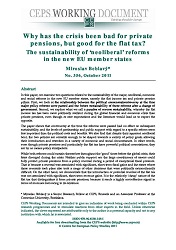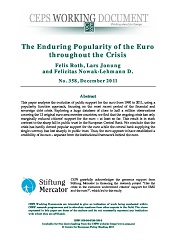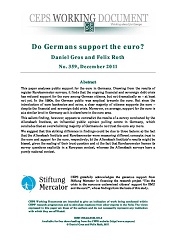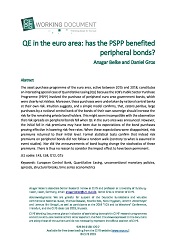
Why has the crisis been bad for private pensions, but good for the flat tax? The sustainability of ‘neoliberal’ reforms in the new EU member states
Why has the crisis been bad for private pensions, but good for the flat tax? The sustainability of ‘neoliberal’ reforms in the new EU member states
Keywords: Flat tax; private pensions; crisis; neoliberal reforms; EU member states; economic and social reforms in EU; welfare system;
In this paper, we examine two questions related to the sustainability of the major, neoliberal, economic and social reforms in the new EU member states, namely the flat income tax and private pension pillars. First, we look at the relationship between the political consensus/controversy at the time major policy reforms were passed and the future sustainability of these reforms after a change of government. Second, we explore what we call a paradox of reverse sustainability, where by the flat income tax has been more politically resilient during the global financial and economic crisis than private pensions, even though ex ante expectations and the literature would lead us to expect the opposite. The paper shows that controversy at the time the reforms were passed had no effect on subsequent sustainability, and the levels of partisanship and public support with regard to a specific reform seemless important than the political costs and benefits. We also find that despite their apparent neoliberalbent, the two policies are versatile enough to be shaped towards a variety of policy goals, allowing their introduction and retention in a variety of economic and social circumstances. In other words, even though private pensions and particularly the flat tax have powerful political connotations, they are by no means policy strait jackets.
More...


